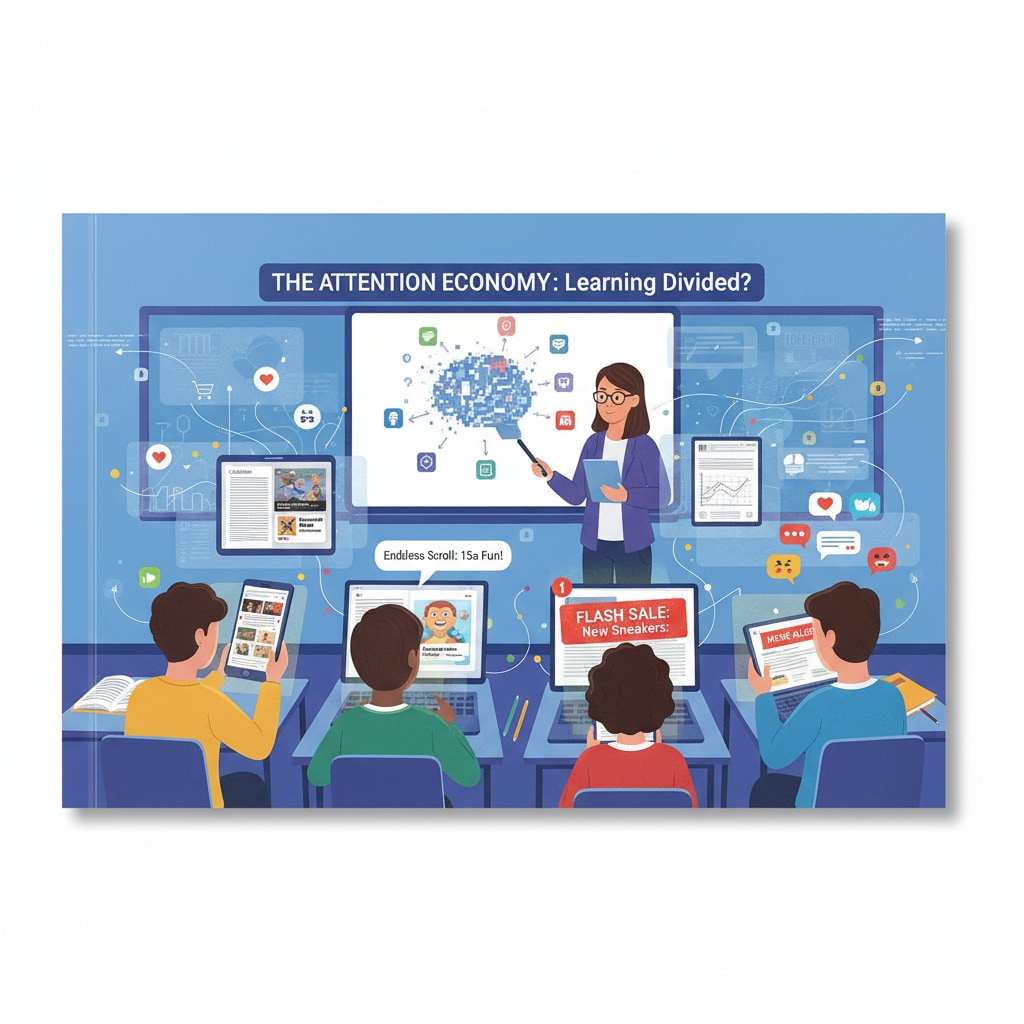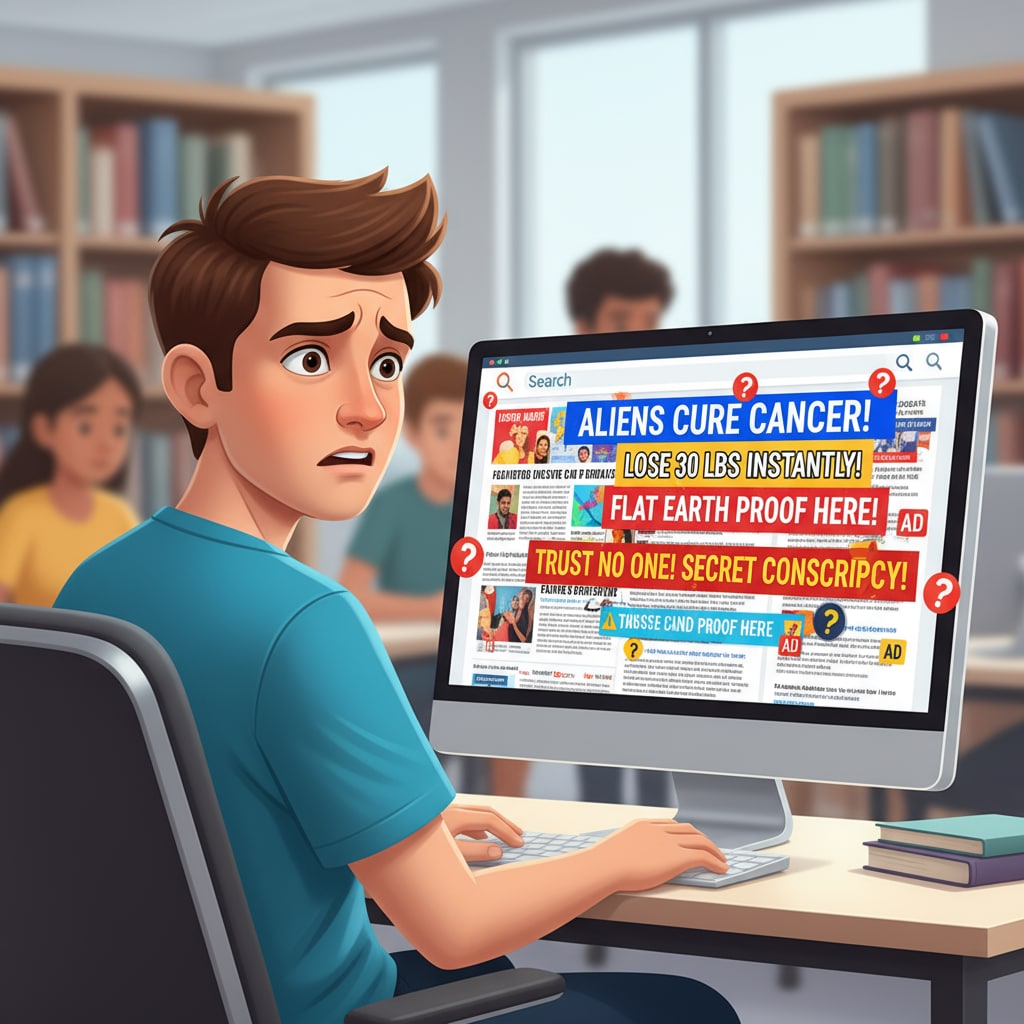In the era of rapid technological advancement, the attention economy, information desert, and tech manipulation are significantly influencing the learning and development of K12 students. Tech giants have crafted sophisticated attention capture mechanisms that are altering the way students learn and grow cognitively. This article aims to analyze how the attention economy is eroding youth education and explore strategies to help students regain their ability for deep learning and critical thinking in a time of information overload but scarce value.

The Menace of the Attention Economy
The attention economy, as coined by experts, refers to the environment where attention is a scarce resource that companies strive to capture. Tech companies, with their algorithms and user interfaces, are constantly vying for students’ attention. For example, social media platforms are designed to be highly addictive, using features like notifications and endless scrolling. According to Wikipedia’s entry on the attention economy, these platforms are engineered to keep users engaged for as long as possible. This has led to a situation where students are often distracted from their studies, spending excessive amounts of time on these platforms instead of focusing on educational content.
The Information Desert Phenomenon
Amid the vast amount of information available online, students are often stuck in an information desert. Despite the abundance of data, much of it lacks quality and reliability. The spread of misinformation and clickbait content is a major concern. As described on Britannica’s page on information, students may struggle to distinguish between valuable knowledge and mere entertainment. This makes it difficult for them to engage in meaningful learning experiences and develop a solid understanding of various subjects.

To address these issues, educators and parents need to play a crucial role. They should guide students on how to evaluate information sources and develop critical thinking skills. By teaching students to question the credibility of information and analyze its context, we can help them navigate the information desert more effectively. Additionally, promoting deep learning activities such as reading books, engaging in hands-on projects, and having in-depth discussions can help students regain their focus and develop a love for learning.
Readability guidance: This article uses short paragraphs to present ideas clearly. The lists and external links provide additional information. Transition words like “for example” and “additionally” help the flow. Each H2 section has key points, and the focus is on making the content accessible for readers to understand the complex issues of the attention economy, information desert, and tech manipulation in the context of K12 education.


